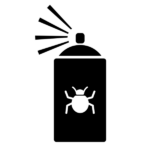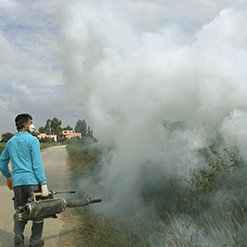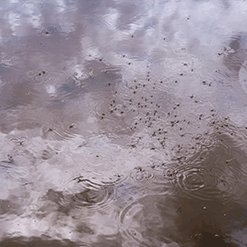There are more than 3,000 species of mosquitoes in the world, and they’re found in nearly every country and corner of Earth. Because they’re so ubiquitous and quick to bite humans, they’ve garnered an understandably terrible reputation.
They also transmit hundreds of infectious diseases – some of them known for being deadly – more than any other insect or creature. Because of this, mosquitoes have been consistently studied as part of public health research.
Some of the diseases that mosquitoes can cause include encephalitis, elephantiasis, malaria, yellow fever, dengue, and others. These are all serious diseases that can cause extreme symptoms and fatalities if they aren’t treated with medical attention, so it’s always important to consult a doctor if you begin to feel sick after finding a mosquito bite.
While it’s easy to agree that mosquitoes are one of the worst types of pests, they do have their own important place within the ecosystem. Without them, they would disrupt the process of pollination and slowly eradicate several species of plants.










